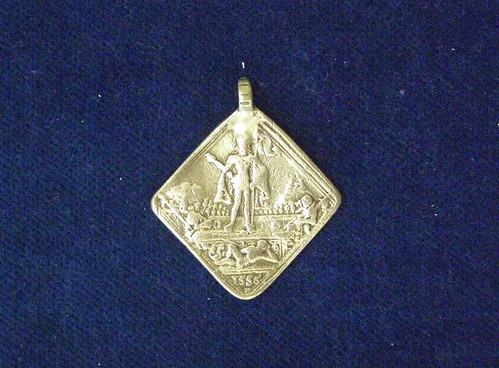The history of Capoeira

Capoeira was developed by African slaves, who during the invasion of Portugal in South America between 16 and 19 formed Century. The most popular destination for these African captives was Brazil and slaves brought with them their music, traditions and religions. The suppression was caused by slavery, a mechanism for the martial art Capoeira huge and has been used primarily as a means of escape and resistance against the rule, which develops regulated their daily lives. The music was one of theto "fight" the most important factors in capoeira not only as a rhythm for the players to serve, has helped to lift the spirits of the prisoners 'and gave them pleasure when others find a little' joy.
Capoeira unfortunately took a turn for the worse in 1888 when slavery was eradicated. The Africans had not produced now free homes and no place to go, and unfortunately many of them joined gangs or illegal. Many of these groups have continued to preserve their traditions and practiced capoeirain what the art form a bad name by associating it with illegal activities and crimes. It was for this reason that the British government in 1890 outlawed capoeira, African, and if found practicing capoeira, the government would cut the back with your feet and completely severed the tendon slices, making it extremely difficult to practice, further Capoeira.
Of course, the ban of Capoeira has only served to feed the Africans to playPlay more often, but they were very careful when the game was played. The ring, or roda was only in an area where escape from Batara faster using a sort of rhythm, to warn the players and spectators that the police on the street could be developed instead. Players also attributed to the capoeira nickname, so that the police are not so easy to find their true character. Fortunately, the prohibition of short duration and the persecution of Capoeira Martial Artsfaded in 1918 and the Africans were free to practice their unique art again.
Around the year 1937, a man named MAStr Bimba opened the first capoeira school, which led to its eventual legalization of the British government. But the strength not only MAStr Bimba Capoeira be legalized, he headed the art from the Getulio Vargas, president of Brazil in this period, and the president was so impressed that he proclaimed art Capoeirathe national sport in Brazil. Unfortunately, this has angered many people, who practiced Capoeira in the years when it was banned and suffered a lot for this. For them, the sudden popularity and the legalization unfair to people who have had to endure the severity of the outlaws in previous years.
To spread the popularity of capoeira and almost all the continents of the earth has a school of Capoeira. Although this martial art is perhaps not as well known as some of his colleagues,And 'one of the few that is so steeped in culture.
My Links : Kindle Store eBook Thai-English English-Thai Dictionary welcomeholidayservice